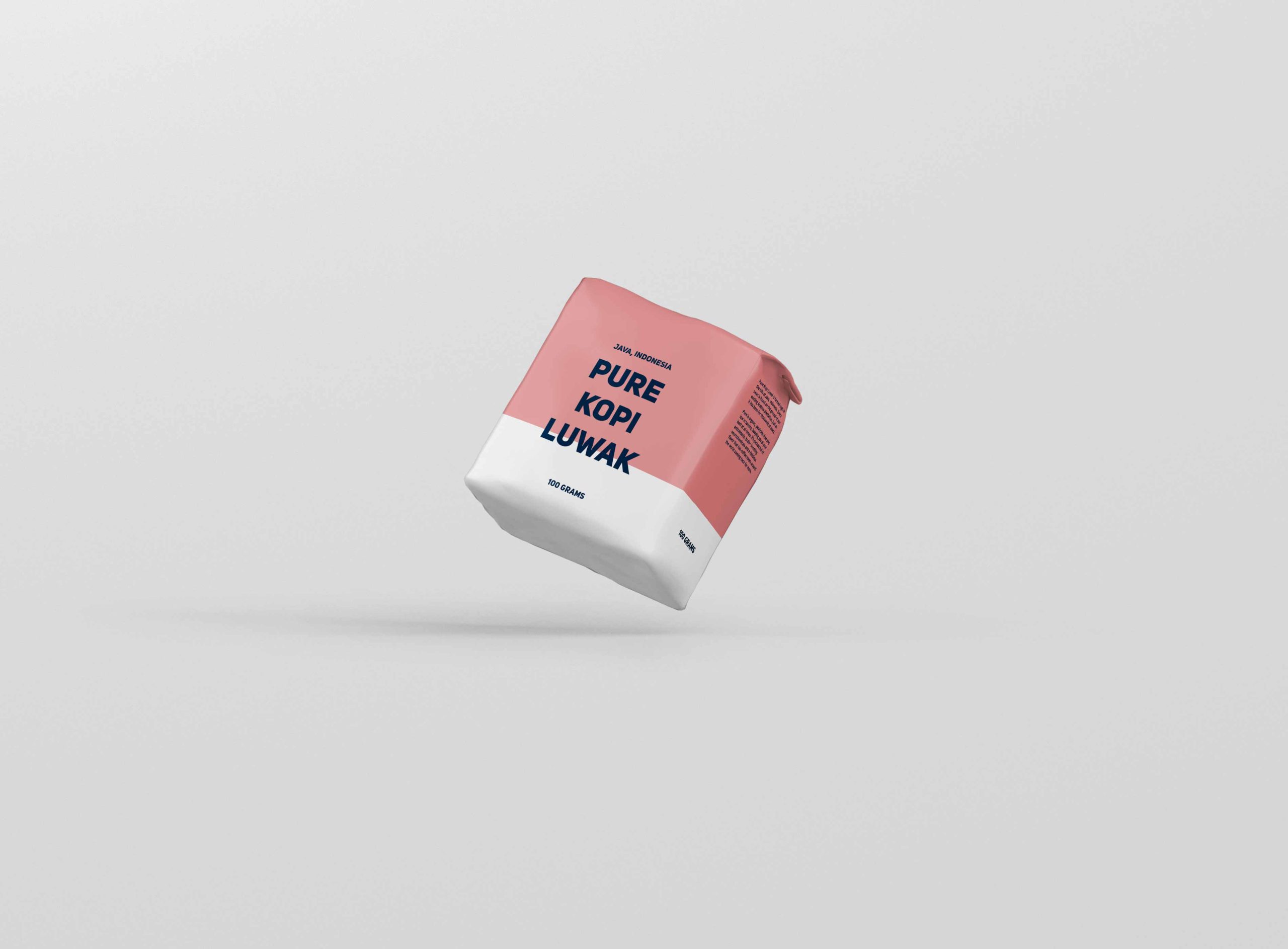Understanding Kopi Luwak From A Muslim Perspective
Kopi luwak, often known as civet coffee, has long intrigued coffee enthusiasts. It’s produced when the Asian palm civet eats ripe coffee cherries, digests them, and then excretes the beans, which are later collected, washed, and roasted. While many claim that this process enhances flavor and smoothness, Muslims must consider whether consuming these beans aligns with Islamic dietary laws.
The question is: does the unusual journey of the coffee bean through an animal’s digestive system affect its halal status?
Islamic Dietary Laws & Kopi Luwak: Halal Or Haram?
In Islam, foods and drinks are judged against halal (lawful) and haram (forbidden) standards. Coffee beans are generally halal, as they are plant-based products. However, the involvement of an animal’s digestive system adds complexity. Muslims wonder if the beans, having been in contact with feces, become permanently impure or if the extensive cleaning and roasting process can restore their purity. Sorting through this issue involves understanding how Islamic law addresses contact with impurities and the possibility of removing that impurity.
Muslim Considerations: Dealing With Impurities In Kopi Luwak
Islamic dietary rules emphasize cleanliness and the avoidance of contamination. Initially, beans excreted by a civet carry physical filth, making them appear haram. But can this be reversed? If impurities can be thoroughly washed away so that no trace remains in taste, smell, or appearance, then some argue the beans can be considered pure again. In other words, Muslims must decide if the rigorous cleaning and roasting of Kopi luwak effectively eliminates its original impurity.
Purification Process In Kopi Luwak: A Muslim’s Concern
Producers of Kopi luwak will wash the beans multiple times and roast them at high temperatures. This process not only removes harmful bacteria and physical contaminants but also develops the coffee’s distinct flavor. Muslims who consider this permissible believe these steps purify the beans to a level that meets halal standards. If the final product shows no sign of filth, it can be considered pure. This hinges on the principle that material impurities can be removed by adequate cleaning, leaving no lasting barrier to consumption.
Muslim Scholarly Opinions: Differing Views On Kopi Luwak
Not all scholars agree that purification is sufficient. Some maintain that once something is contaminated by fecal matter, it remains spiritually tainted. From this perspective, no amount of scrubbing or roasting can erase the impurity of its origins. Other scholars accept the possibility of reversing contamination through proper cleansing. As a result, Muslim opinions vary widely, and many rely on the interpretation of trusted religious authorities to guide their decision.
However, a certain brand of kopi luwak does not need to be certified by a regulatory authority to be halal. For example, our very own Pure Kopi Luwak is halal and completely safe to be consumed by Muslims and non-Muslims alike.

